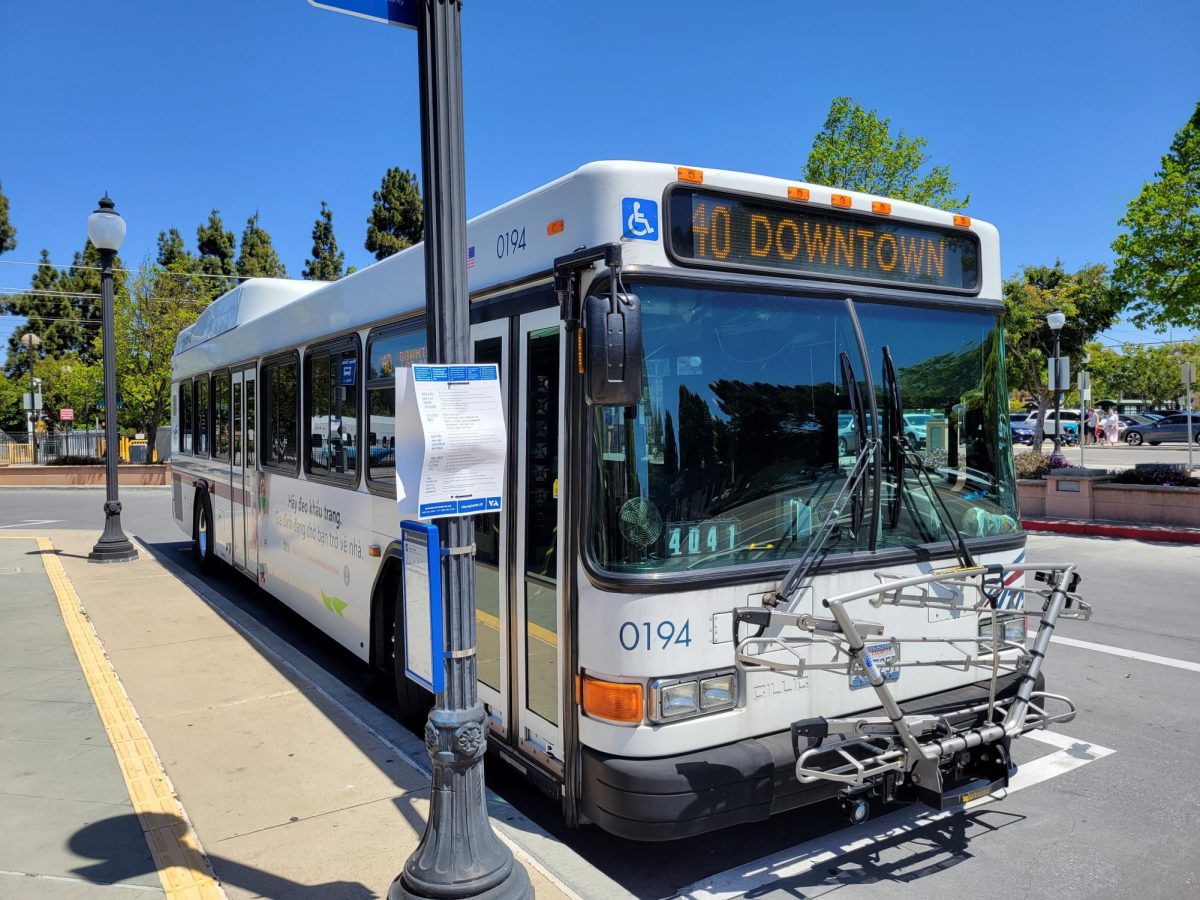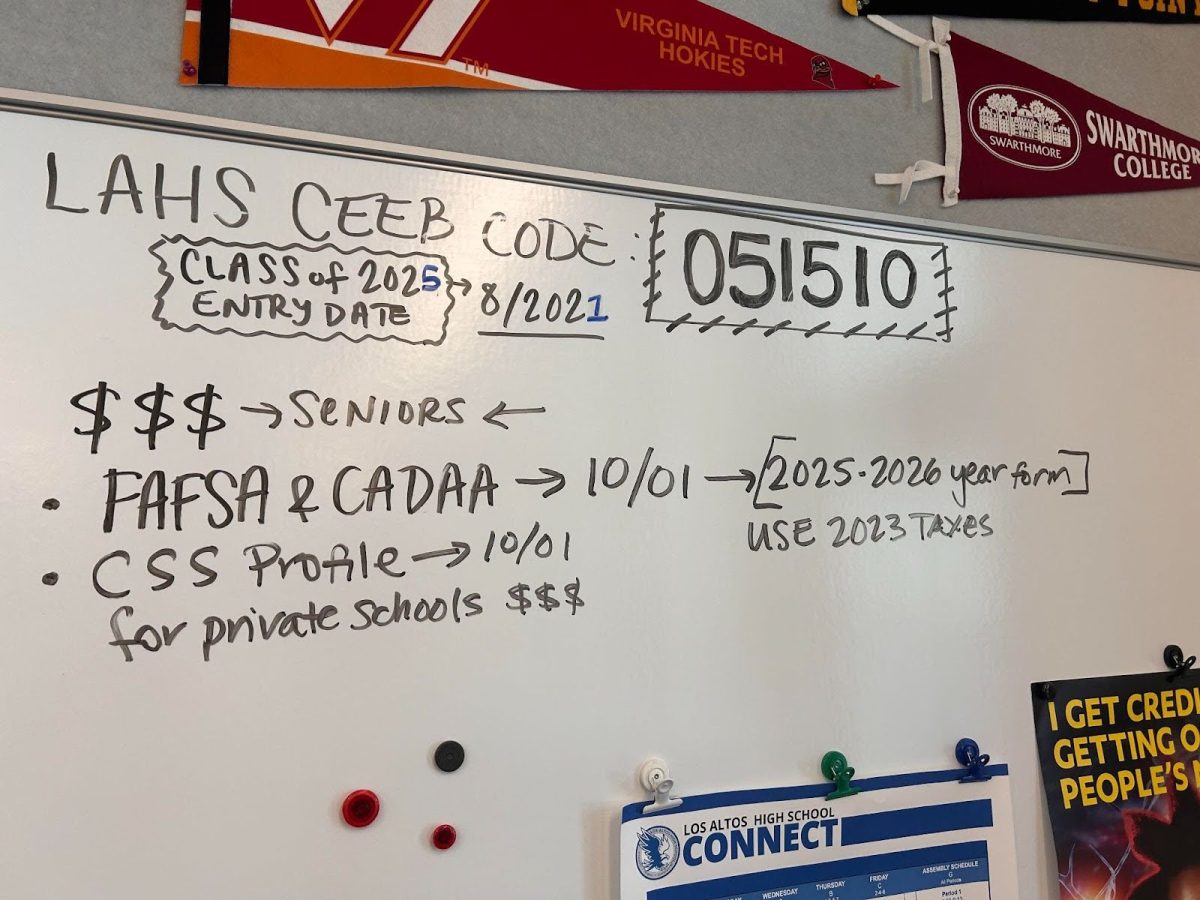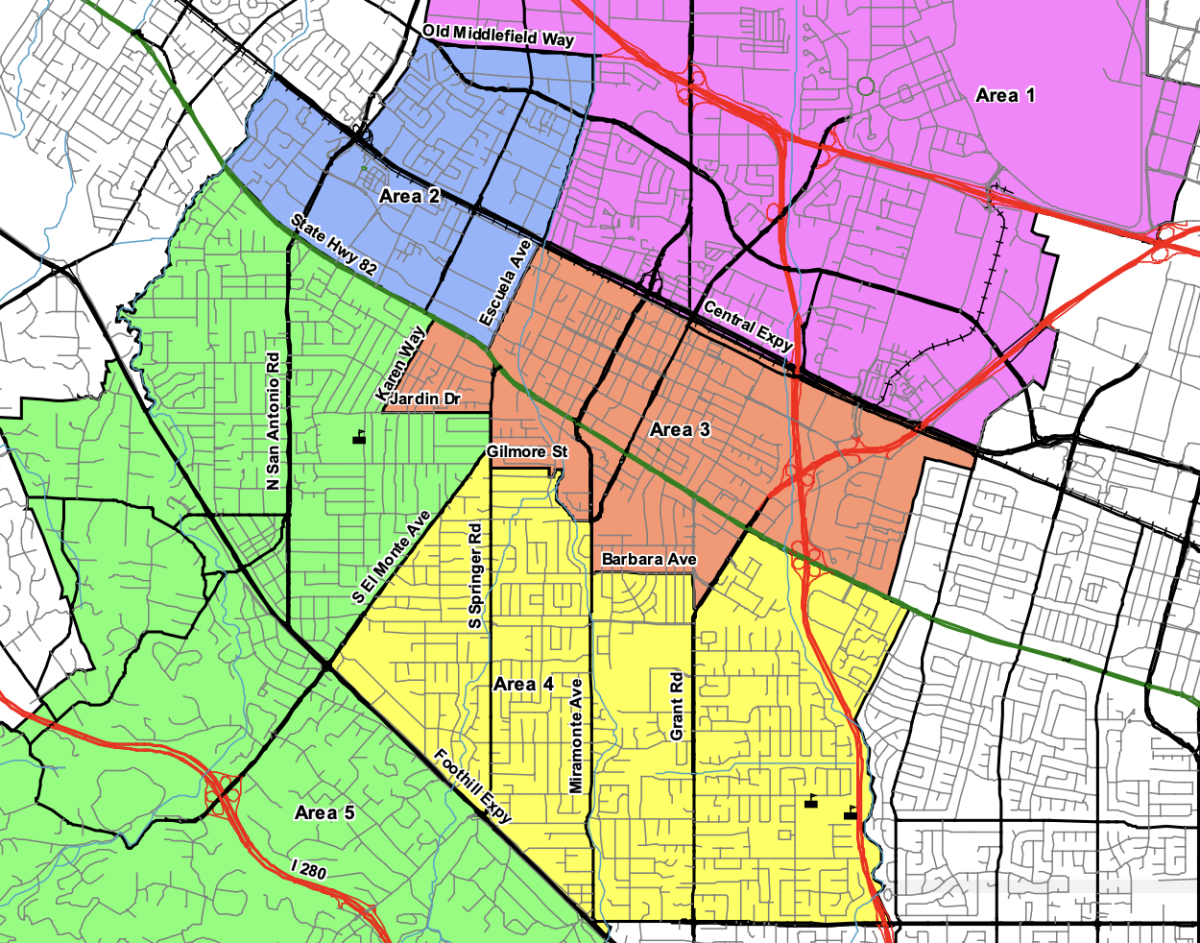The school has recently hosted a series of immigration presentations that discussed how Deferred Action, affidavit AB 540 and the new DREAM (Development, Relief, and Education for Alien Minors) Act affect students and families.
Undocumented immigrants granted deferred action can live safely in the United States without fear of deportation for two years. Meanwhile, affidavit AB 540 allows many undocumented high school students who apply for college in California to apply as “in-state” students. As a result, they do not need to pay the higher international tuitions. Lastly, the recently passed DREAM Act allows undocumented students eligible under this act to apply for student financial aid programs, allowing many more undocumented students to pursue higher education.
Counselor Jacob Larin hosted the first student presentation in the Eagle Theater during tutorial on Tuesday, November 20. The presentation, entitled “Understanding Undocumented Students’ Educational Rights,” outlined immigration policies that affect students and their families.
A follow-up evening presentation was hosted by the Latino Student Union (LSU) on Tuesday, November 27 in the cafeteria.
“LSU sent flyers to every Hispanic household, provided parent care for younger siblings, and offered translational help during the presentation,” LSU president senior Glenda Vargas said. “The attendees discussed the legislation and its impacts.”
The presentations were offered to the student body in hopes of increasing student awareness and decreasing the stress of undocumented students. Learning about AB 540 and the DREAM Act also gives many undocumented immigrants hope for higher education.
“[The idea for the presentations started out as] a staff presentation,” Larin said. “[During the presentation], staff were very open about saying ‘you need to make sure the kids know about this.”
The lengthy presentations specifically were centered around the application process for deferred action, and how the affidavit AB 540 and California’s new DREAM Act provide scholarships for many undocumented immigrants. Many students learned about increased scholarship opportunities. The presentation sought to answer questions from the community, clarify any confusion that had existed and show how many more opportunities for college were opening up.
“I think the one piece of advice I’d give to [students and families] in the situation [now] would be to get legal advice and to figure out what [your] options are,” Larin said. “[The] immigration process and your [legal] status can very greatly depend on when you or your family immigrated to the United States. Depending on the decade and which country you’re from, there are a lot of really technical details that can really change your situation from one thing to the next so definitely get advice.”
The presentations also cautioned individuals about the number of phony “legal representatives,” like notaries, that could are know to charge a lot for services offered elsewhere for free.
“Be wary; there are a lot of clinics and nonprofits organizations that will help for free initially,” Larin said. “Get resources and get clear information before assuming certain things about your status.”
Students seeking more information should contact Larin, who can be found after school in room 409 on Mondays and Thursdays.








